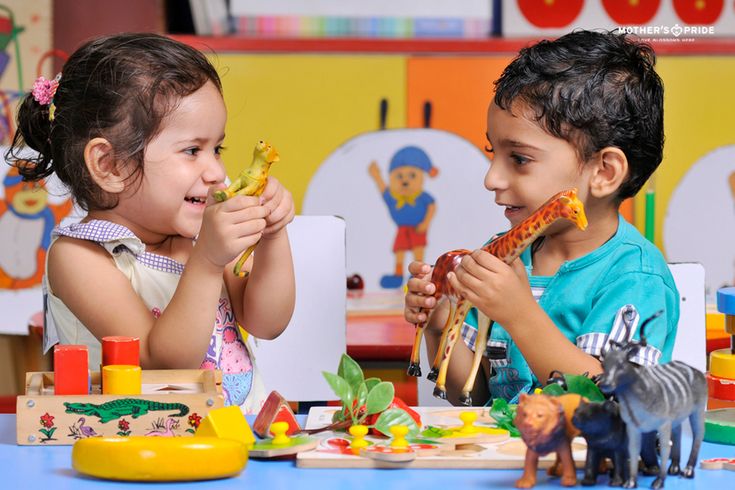How often have you felt pulled in a hundred different directions, juggling work meetings, school pickups, meal prep, and somehow managing to keep it all together? As parents, we're constantly stretched thin, trying to balance the demands of our professional lives with the deep desire to be there for our children. And let’s be honest—there are days when it feels like no matter how hard you try, you’re not doing enough. Sound familiar? If you’ve ever laid awake at night worrying about whether you spent enough time with your child today, you’re not alone. But here’s something that might surprise you: what your child needs most from you isn't hours and hours of your time. It’s your presence—your full, undistracted attention in the moments you do have together.
Parenting isn’t about perfection, but rather creating meaningful moments that your child will carry with them for years to come
Why Do We Feel So Guilty?
In our quest to provide the best for our children, we often get caught in the trap of believing we must be everything, everywhere, all at once. We want to be the nurturing parent, the dedicated employee, the supportive spouse, and the person who holds it all together. When we inevitably fall short, guilt sets in.
But here’s a reassuring truth: you don’t need to be perfect, and neither does your time with your child. What matters is how meaningful the moments you do share are. Just like how fathers, even if they live far away or don’t spend as much time with their children due to work, still share an unbreakable bond with their kids. Why? Because when they do get time with their child, they give it wholeheartedly, fully present, and attentive. That’s what strengthens the connection and keeps the love intact.
How to Be Fully Present During Time with Your Children
Breaking the guilt cycle starts with understanding that being truly present with your child makes a world of difference. Here are a few ways to help you focus on creating quality moments, even when your schedule is packed:
1. Create Rituals That Strengthen Connection
It doesn’t have to be grand gestures. Small, everyday rituals can be powerful. Whether it’s a bedtime story, a quick chat over breakfast, or a few minutes of playtime before leaving for work—these rituals build a sense of security and togetherness. Children cherish consistency, and these moments become memories they carry forward.
Tip: Choose a specific time each day where distractions are off the table, even if it’s just for 15 minutes. Make it a habit, something your child looks forward to.
2. Unplug and Focus
One of the biggest barriers to being present is distractions—especially technology. How many times have we half-listened to our kids while checking emails or scrolling through our phones? Children are incredibly perceptive; they notice when we aren’t fully engaged.
Tip: Designate tech-free zones or times at home. When you’re spending time with your child, give them your undivided attention—no screens, no interruptions.
3. Engage in Their World
Children love when parents show genuine interest in their world, whether that’s asking about their favorite cartoon, helping with a school project, or participating in a game they love. By immersing yourself in what matters to them, even if it’s just for a short time, you build stronger connections and show that you value their thoughts and interests.
Tip: Ask open-ended questions about their day or a recent experience, and actively listen. It makes them feel heard and loved.
4. Let Go of the Pressure to Do It All
Many parents try to compensate for their busy schedules by filling their weekends with activities or constantly striving to be the “perfect parent.” But, sometimes, simplicity is the best gift. Children don’t need elaborate plans or packed schedules—they just need you
Tip: Allow yourself to slow down. Relax with your child at home, do a simple craft, or take a walk. You’ll be amazed at how much joy can come from these low-pressure moments.
5. Embrace Imperfections
It’s easy to feel guilty when things don’t go as planned—when you miss a soccer game, forget an important event, or come home late. But mistakes and missteps are part of parenting. Embracing your imperfections and being open with your child about them teaches them valuable lessons in resilience, forgiveness, and understanding.
Tip: Be kind to yourself. Apologize when you need to, but don’t dwell on what went wrong. Focus on creating positive experiences moving forward.
6. Maximize Everyday Moments
Busy parents often don’t realize how many opportunities there are to connect with their children in the midst of daily routines. Whether it’s a car ride, cooking together, or folding laundry side by side, these are perfect times to chat, laugh, and bond.
Tip: Look for connection in the small things. It doesn’t have to be planned or structured; even a five-minute conversation while preparing dinner can create meaningful memories.
7. Set Boundaries and Say No
As parents, we often stretch ourselves thin, trying to do everything for everyone. Setting healthy boundaries, especially around work, is essential for maintaining balance. It's okay to say no to things that eat away at family time or increase your stress. Your child will benefit from a parent who is less stressed and more available, both mentally and emotionally
Example: If your workplace frequently asks you to stay late or take on extra tasks that cut into family time, set a clear boundary by communicating with your boss. You could say, "I'm happy to work late on occasion when it's necessary, but I need to prioritize family time on weekdays. I'll be more efficient during regular hours and can be available for urgent matters, but after 6 PM, I need to focus on my family.
8. Focus on What Really Matters
At the end of the day, children don’t measure love by how much time you spent at home, but by how present you were when you were there. The memories they’ll hold onto are those where they felt loved, listened to, and appreciated.
Tip: Prioritize creating special moments that resonate with both of you—whether it’s a weekend tradition or simply asking them how they’re feeling.
Conclusion: It’s the Connection, Not the Clock
Letting go of parental guilt isn’t easy, but remember this: it’s not the amount of time you spend with your child that counts, but how you make that time count. Children crave connection, presence, and love. So, next time you feel guilty for not being there “enough,” remind yourself that even small, mindful moments can leave a lasting impact. It’s these moments that shape childhood memories, teach life lessons, and strengthen the bond between you and your child.
You are doing your best, and that’s more than enough.









